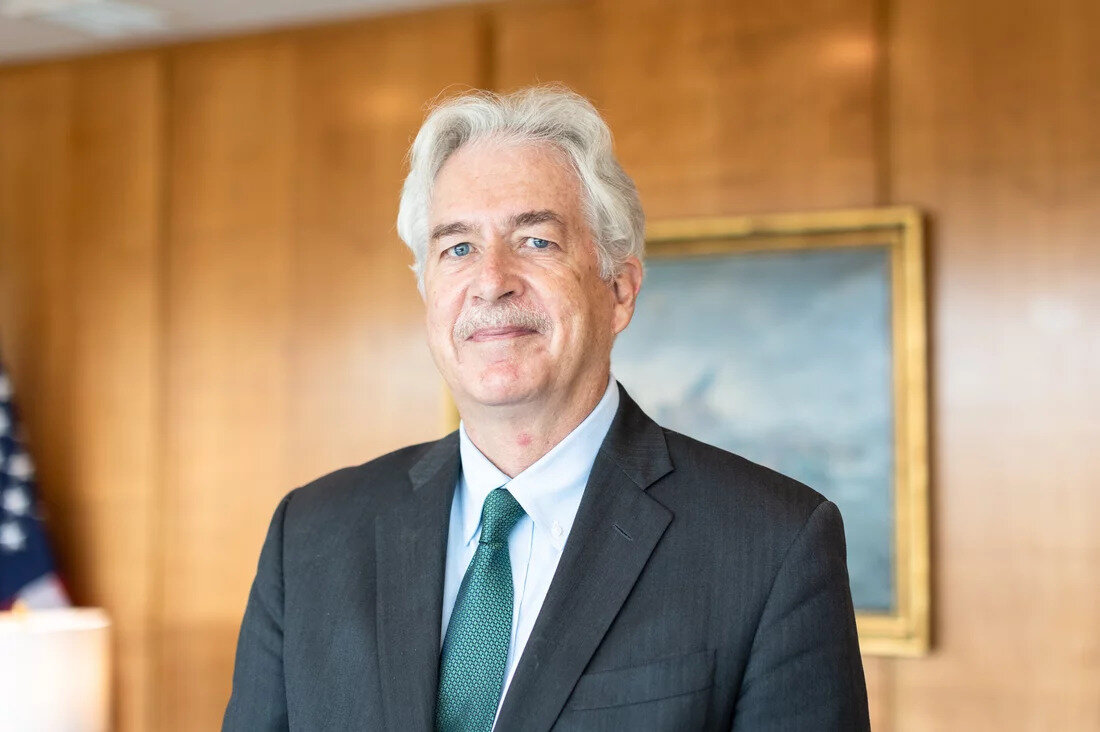CIA director acknowledges Iran's peaceful nuclear stance

TEHRAN – During a Friday interview with NPR, CIA Director William Burns addressed supposed concerns about Iran's civilian nuclear program, stating, "We do not see any sign today that any such decision has been made" regarding Iran developing a nuclear weapon.
He added, "We obviously watch it intently."
This admission by one of the top intelligence figures in the U.S. highlights a crucial aspect often ignored by Western media: Iran's steadfast commitment to the peaceful application of nuclear technology.
Echoing the perspective shared by the CIA Director, several U.S. and Western authorities, including National Security Advisor Jake Sullivan, have similarly acknowledged the absence of any evidence indicating that Iran has a nuclear weaponization program.
Ayatollah Seyyed Ali Khamenei, Leader of the Islamic Revolution, has issued a fatwa that categorically bans the creation, accumulation, and deployment of nuclear weapons, grounded in Islamic teachings against mass destruction.
This decree, first announced in the early 2000s, underscores Iran’s commitment to utilizing nuclear energy for peaceful purposes, directly challenging allegations that Iran seeks to develop nuclear weapons.
This religious ruling has become a cornerstone of Iran's nuclear policy, highlighting the nation's ethical and religious opposition to the proliferation of weapons of mass destruction.
Despite these reassurances and the absence of evidence to support allegations of nuclear weapon development, Western countries continue to enforce harsh measures against Iran.
Sanctions aiming to stifle Iran’s economic growth and nuclear advancements have been a longstanding practice, reflecting a strategy of containment over collaboration.
In the latest Western-orchestrated move against Iran, the International Atomic Energy Agency's (IAEA) Board of Governors adopted an anti-Iran resolution in November.
The move was perceived by many as politically driven rather than based on verified nuclear violations.
While the resolution stopped short of accusing Iran of nuclear weapon development, it criticized the country's cooperation with the IAEA, thereby escalating the political and economic pressure on Iran.
